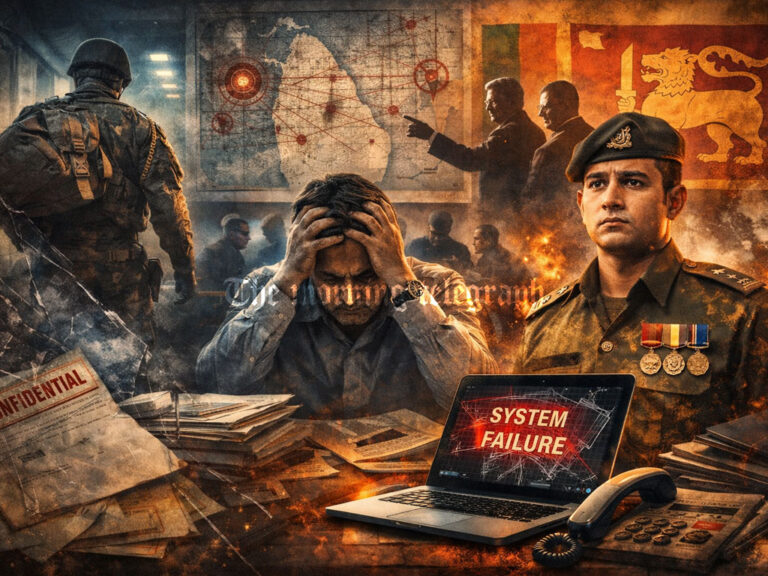
Opposition Leader Sajith Premadasa has called on the government to refrain from what he terms an “inhumane act” of deporting the recently arrived Rohingya refugees from Myanmar. Speaking in Parliament, Premadasa criticized plans to send the refugees back immediately, arguing that such a move would be a violation of human rights and contravenes the principle of non-refoulement.
“We cannot forcibly deport them. Stop this act immediately and discuss it with the United Nations High Commissioner for Refugees (UNHCR) and other relevant organizations. We must provide humanitarian assistance to the Rohingya,” Premadasa stated.
He emphasized that the Rohingya have suffered severe persecution in their home country, urging the Sri Lankan government to act compassionately rather than return them to harm’s way.
On December 19, a group of 103 Rohingya refugees, including over 40 children, was rescued by the Sri Lanka Navy after landing on the Mullaitivu coast. Their arrival prompted both local and international attention due to the ongoing humanitarian concerns associated with the Rohingya crisis in Myanmar.
Shortly thereafter, Minister of Public Security and Parliamentary Affairs Ananda Wijepala suggested on January 3 that the government was considering deporting the refugees. He disclosed that discussions had begun with Myanmar authorities and that repatriation could occur after the legal process is completed.
This announcement stirred opposition from several political figures, including Mujibur Rahman and Rishad Bathiudeen, both of whom urged the government to reconsider any forced removal of the refugees. Premadasa echoed these concerns, highlighting Sri Lanka’s humanitarian responsibilities under international law and calling on authorities to engage with UNHCR and other stakeholders to find a solution that respects the refugees’ fundamental rights.
The government has yet to formally announce its final decision, although the Opposition maintains that immediate deportation would undermine Sri Lanka’s commitment to humanitarian principles and potentially expose refugees to further persecution.




